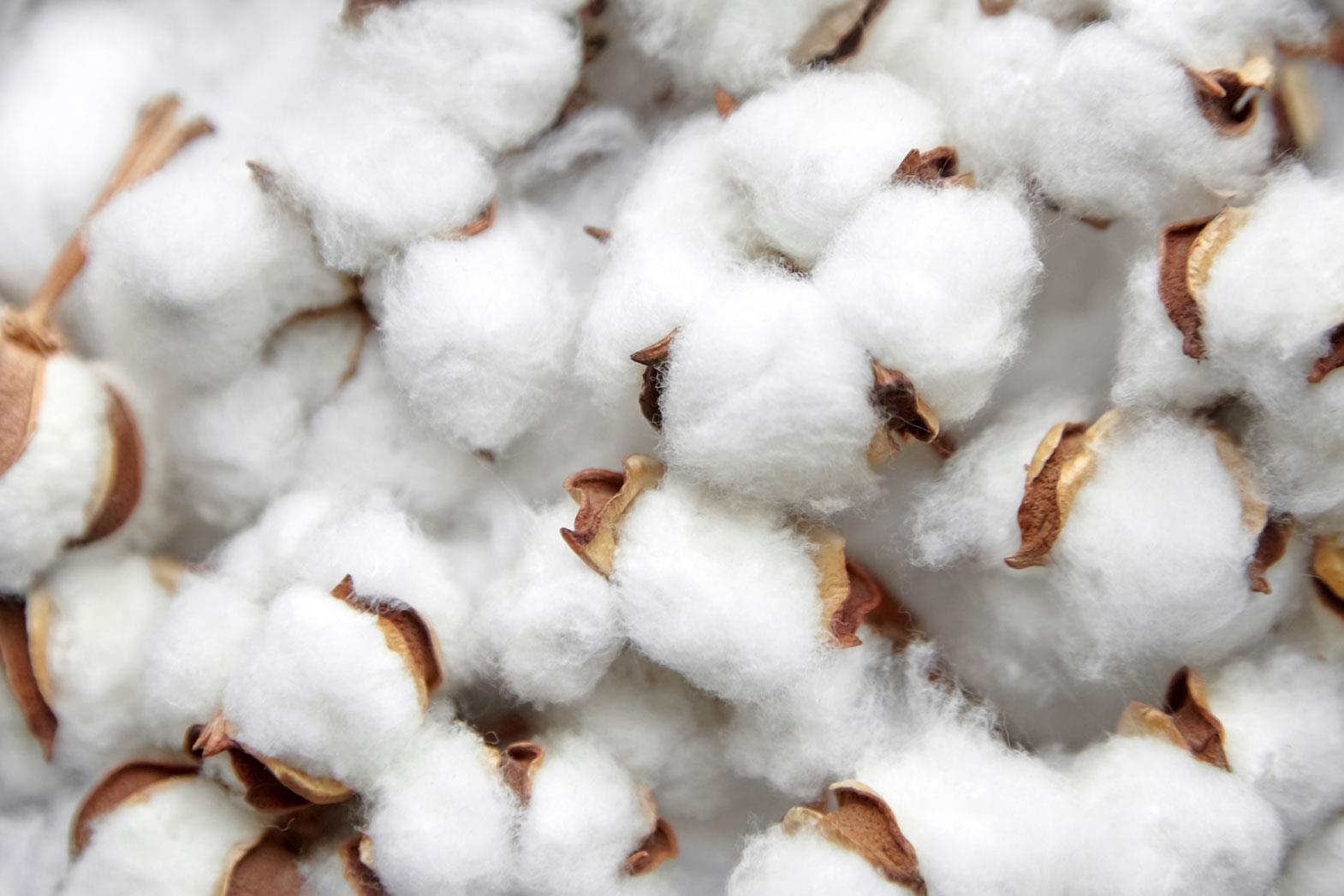Depletion of nutrients in the soil is affecting Bt cotton hybrids. Less yield is affecting the livelihood of many farmers in the region. A report by Coalition for GM-Free India states that cotton farming is in deep crisis due to the usage of transgenic seeds for the past decade.
Cotton and similar moncultured crops require large volumes of pesticides during the period of its cultivation. Over the years pests have even developed immunity against pesticides making the farmer's efforts futile. Genetic engineering for crops has added Bt (Bacillus thuringiensis) toxin, to the cotton seeds. This toxin is originally derived from soil bacteria. The toxin in the Bt cotton seed is similar to other pesticides, but causes less impact on the environment. These toxins were believed to be effective against pests, but were not considered harmful to other living organisms like fish, etc.
Cotton is one of the most popular Bt crops. The Bt gene is isolated and transferred from a bacterium bacillus thurigiensis to American cotton. This cotton is crossed with Indian cotton to include the gene into the native varieties. The foreign gene of bacillus thuringiensis, which is genetically induced into the cotton seed, protects the cotton crop from bollworms, which cause major damage to cotton crops. Bollworms, after eating the Bt leaves of the modified seeds become sleepy, and thereby the damage is minimized.
Bt cotton was officially introduced in India before 10 years. During the initial times, Indian farmers were promised miraculous crop yields in the cultivation of Bt cotton. There was wide publicity stating that Bt cotton had boosted the income of cotton farmers to more than ₹31,500 crores. Yield was believed to improve from 3-27%. The yield of farmers cultivating cotton with Bt seeds was compared with those who were using normal cotton seeds, and it was stated that farmers who cultivated Bt cotton seeds acquired a whooping 25-75% more profits over the normal variety.
Bt Cotton: the other side of the coin:
A report by the Coalition for GM-Free India highlights that the hype about Bt cotton is wrong. Data acquired for the past 10 years state two reasons behind the dramatic increase of the increased output and significant decline in the usage of pesticides. It states stagnant yields, pest resistance, high levels of expensive farm inputs, and the tragic farmers' suicides happening in the cotton belt.
A survey was conducted on Indian farmers adopting random sampling method, covering four states from Central, and Southern India; namely Maharashtra, Tamil Nadu, Andhra Pradesh, and Karnataka. 10 different districts and 63 villages were covered. The study states that adopting Bt cotton seed cultivation increases profits by `1,877 per acre, (approximately USD 38), which is 50% more profits that conventional cotton cultivation processes. Nationwide for 26 million acres of Bt cotton cultivation, the annual gain was almost `50 billion (1 billion USD). But at the same time, Bt increased household consumption by `2, 826 (57 USD) annually.
The above data reveals that adopting Bt technology would harm small farmers due to low and eroding economic benefits.
Times of India reports the agriculture commissioner Mr Umakant Dangat saying, "Despite cultivation of Bt cotton across the state, the productivity, profitability and sustainability of the crop has gone down. Compared to other states, Bt cotton yield continues to be minimum in Maharashtra whereas the cost of cultivation has been rising steadily. In fact, the cost in state is highest in the world. Hence, there is an urgent need to review performance of Bt cotton,"
Apart from this, there has also been a depletion of soil nutrients due to repeated cultivation of Bt cotton seeds, resulting in drawing more nutrients and water from the soil. In Maharashtra poor cotton crop output has resulted in lowering of production estimates, despite the increase in cotton cultivation in the area. The Bt cotton technology which was originally intended for irrigated areas, was pushed on all cotton growing states. This resulted in high suicide rated of cotton farmers, especially in Maharashtra due to crop failures.
Observations about genetically modified cotton seeds reveal that benefits accrued out of it are rather short term. In case of developing countries concerns about genetically modified crops do not support small farmers. There is always some ambiguity about the long term benefits of Bt cotton crops.
References:
- Economic impacts and impact dynamics of Bt (Bacillus thuringiensis) cotton in India, Jonas Kathage & Matin Qaim, pnas.org.
- Edugreen.teri.res.in
- Thehindu.com
- Timesofindia.indiatimes.com








Comments